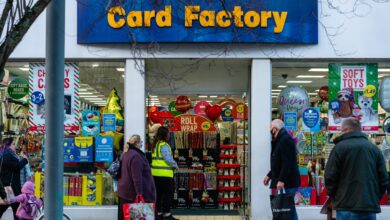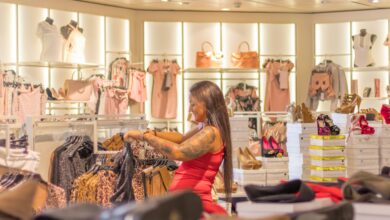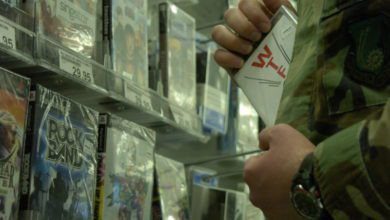Retail store layout design: A step-by-step guide to maximising sales
The layout out of a shop is a critical element of the customer experience

Register to get 1 free article
Reveal the article below by registering for our email newsletter.
Want unlimited access? View Plans
Already have an account? Sign in
In the competitive world of retail, the layout of your store can significantly impact your sales figures. A well-designed store layout can enhance customer experience, increase foot traffic, and ultimately boost revenue. To help retailers make the most of their physical space, here are some key strategies for maximising sales through an effective store layout.
Understand customer flow
Before diving into any redesign, take the time to study customer behaviour within your store. Analyse the natural flow of foot traffic, paying close attention to high-traffic areas. This information will be invaluable in determining where to place high-margin items, seasonal displays, and promotional stands.
Create clearly defined aisles
Clear, wide aisles guide customers through your store and allow for easy navigation. Avoid clutter and ensure there is ample space for customers to move freely. Additionally, strategically placed signage can help direct shoppers to different sections or promotions.
Implement eye-catching displays
Eye-catching displays are a powerful tool to draw attention to specific products. Consider using colour contrasts, lighting, and focal points to highlight featured items. Seasonal or themed displays can also create a sense of urgency, encouraging impulse purchases.
Group products thoughtfully
Grouping products strategically can increase sales by encouraging complementary purchases. For example, placing accessories near clothing displays or bundling related items can entice customers to buy more. Additionally, consider placing higher-margin products at eye level to capitalise on customer browsing habits.
Optimise checkout lines
The checkout area is a critical part of the store layout. Use this space wisely by stocking it with last-minute impulse buys, small items, and gift options. Consider implementing a single-line queue system to reduce perceived wait times and create a more organised shopping experience.
Leverage technology
Incorporating technology into your store layout can enhance the shopping experience. For instance, interactive displays, touchscreens, and digital signage can provide additional product information, recommend complementary items, or showcase special promotions.
Emphasise customer comfort
Creating a comfortable shopping environment encourages customers to stay longer and explore more of your offerings. Provide ample seating areas, well-maintained restrooms, and temperature control. Additionally, consider incorporating ambient music and pleasant scents to enhance the overall atmosphere.
Adapt to seasonal changes
Retailers should be flexible and willing to adapt their store layout to accommodate seasonal shifts in customer preferences and traffic patterns. During peak seasons, focus on maximising display space for popular items. In slower periods, reconfigure the layout to promote clearance sales or new arrivals.
Monitor and analyse customer feedback
Regularly seeking customer feedback provides valuable insights into their shopping experience. Use surveys, comments, and reviews to identify areas for improvement in your store layout. Adjustments based on customer feedback demonstrate a commitment to meeting their needs and preferences.





